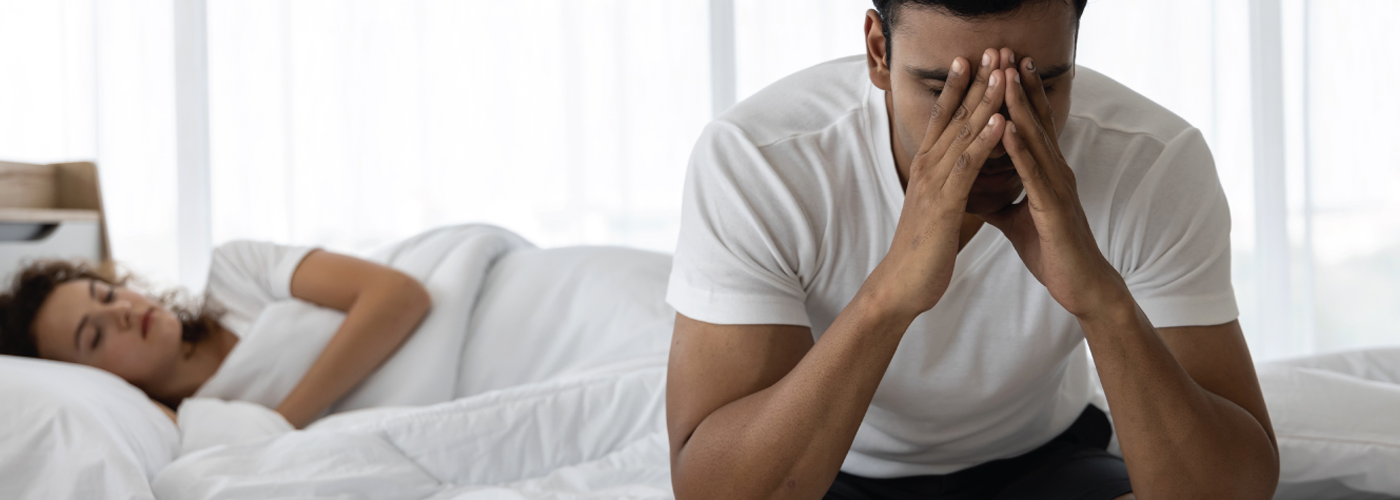
Premature ejaculation (PE) is a common sexual problem affecting many men, especially those in their younger years. PE occurs when a man ejaculates sooner than he or his partner would like during sexual intercourse, leading to dissatisfaction and frustration.
Causes:
The causes of PE are not fully understood, but may include psychological and physical factors, including anxiety, depression, stress, relationship problems, hormonal imbalances, and certain medications.
Treatment:
Treatment for PE may involve a combination of lifestyle changes, medication, and psychological counseling.
- Behavioral techniques: Behavioral techniques such as the stop-start and squeeze techniques can help men learn to control their ejaculation and delay orgasm.
- Medication: Medications such as selective serotonin reuptake inhibitors (SSRIs) and topical anesthetics can be used to treat PE.
- Psychological counseling: Psychological counseling may be recommended to address underlying psychological factors that contribute to PE. Counseling may involve cognitive-behavioral therapy or sex therapy.
- Couples therapy: Couples therapy may be recommended to address relationship issues that contribute to PE.
Prevention:
There are steps that men can take to reduce their risk of developing PE, including:
- Using condoms: Using condoms can help reduce sensitivity and delay ejaculation.
- Masturbating before sex: Masturbating before sex can help delay ejaculation during sexual intercourse.
- Avoiding performance anxiety: Avoiding performance anxiety and focusing on the pleasure of sex can help reduce the risk of developing PE.
- Communicating with your partner: Communicating with your partner and being open about your sexual needs and preferences can help reduce the risk of developing PE.
In conclusion, PE is a common sexual problem that can impact a man's sexual satisfaction and relationships. Treatment for PE may involve a combination of lifestyle changes, medication, and psychological counseling. Men can reduce their risk of developing PE by using condoms, masturbating before sex, avoiding performance anxiety, and communicating with their partner. It is important for men to talk to their healthcare provider if they are experiencing symptoms of PE to determine the appropriate course of treatment.

 Video Interviews on Television
Video Interviews on Television Radio Fm Interviews
Radio Fm Interviews Articles in Newspapers
Articles in Newspapers Mental Health Activities
Mental Health Activities Awards and Celebrities
Awards and Celebrities Corporate Mental Health
Corporate Mental Health
